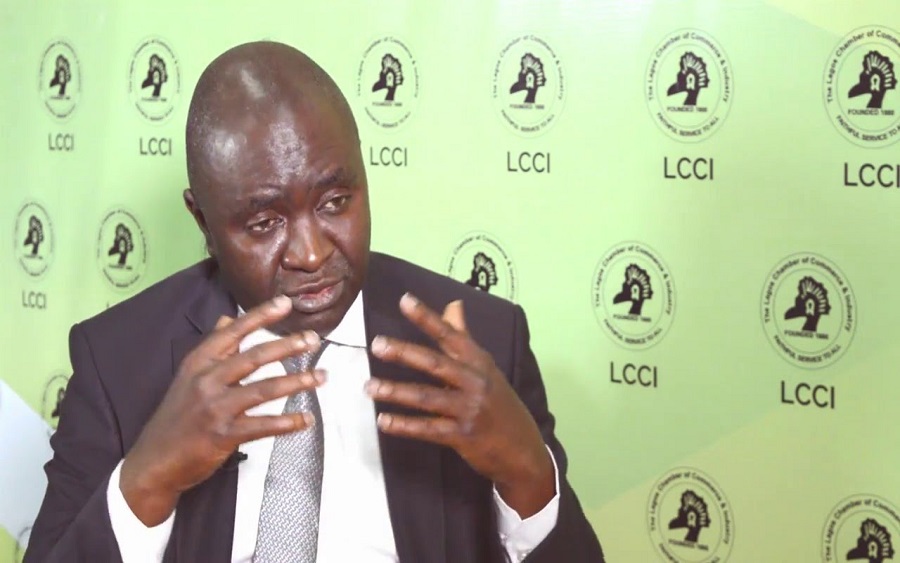The Lagos Chamber of Commerce and Industry (LCCI) urged the Federal Government to address issues affecting the supply side of the Nigerian economy to deal with the rising inflation.
This was disclosed by Dr Muda Yusuf, Director-General, LCCI, on Thursday in Lagos after the National Bureau of Statistic released inflation data for March 2021.
The LCCI boss hinted that supply-side constraints including forex illiquidity, transport and logistics cost, currency depreciation, agriculture-related insecurity and others were the driving forces of the rising inflation.
What the DG said
“The March headline inflation of 18.17% is the highest in four years and more worrisome is that food inflation has accelerated to 23 %. The major issues are cost and output related. It is not in all cases that high production and operating costs can be passed on to the consumers.
The implication is that producers are also taking a hit and this is more severe where a product or service is faced with high demand elasticity. Tackling inflation requires urgent government intervention to address the challenges bedevilling the supply side of the economy.
There is also a need to worry about the growing fiscal deficit, especially the Central Bank of Nigeria financing of the deficit. It is characterized as inflation tax by a school of thought in economic literature,” he added.
What you should know
- Nairametrics reported that Nigeria’s inflation rate for the month of March 2020, rose to 18.17% from 17.33% recorded in February 2021. An increase of 0.84% over the February figures.
- On a month-on-month basis, Headline inflation increased by 1.56% in March 2021, while Food inflation, a closely watched index, spiked to 22.95% from 21.79% recorded in February.























